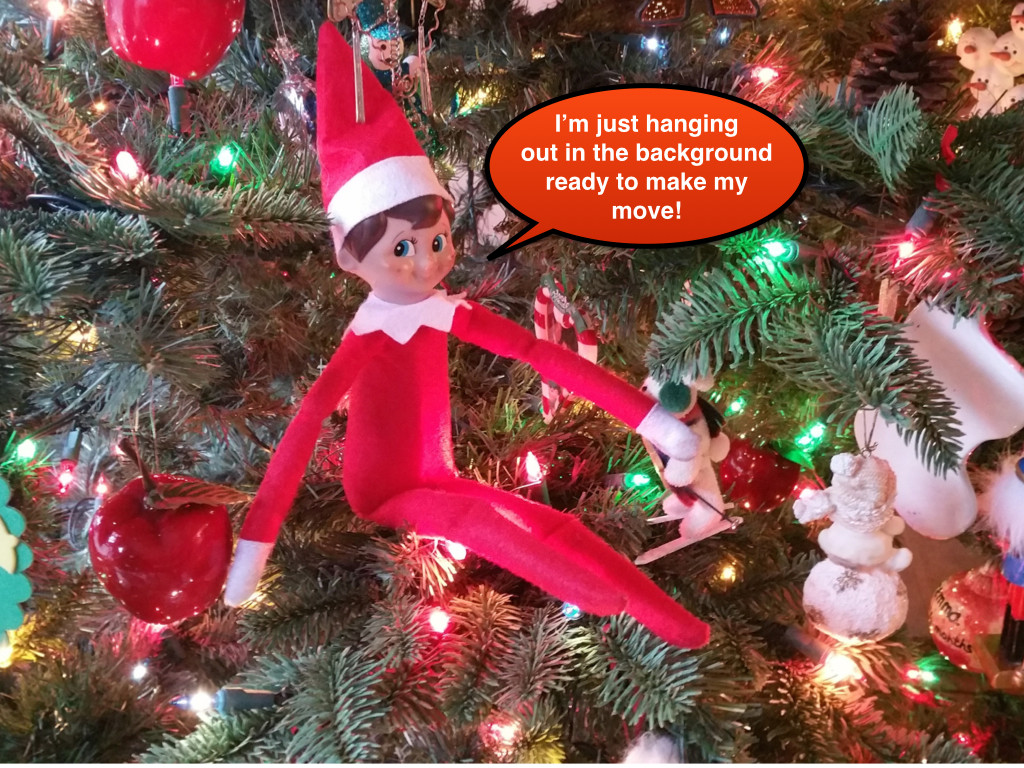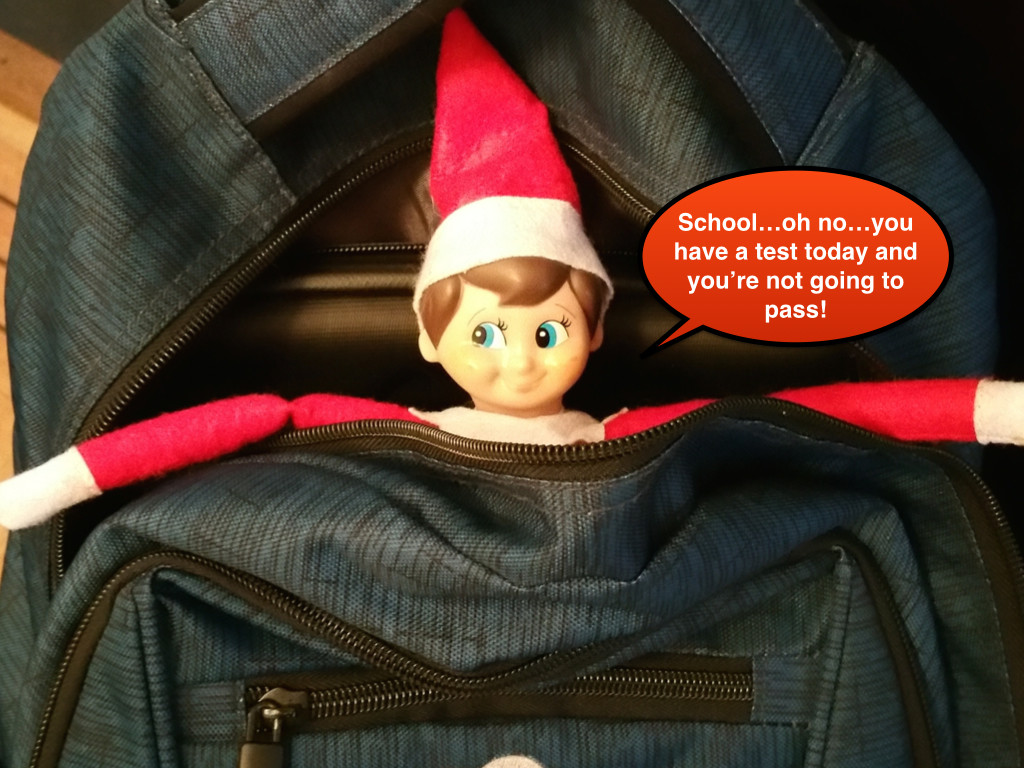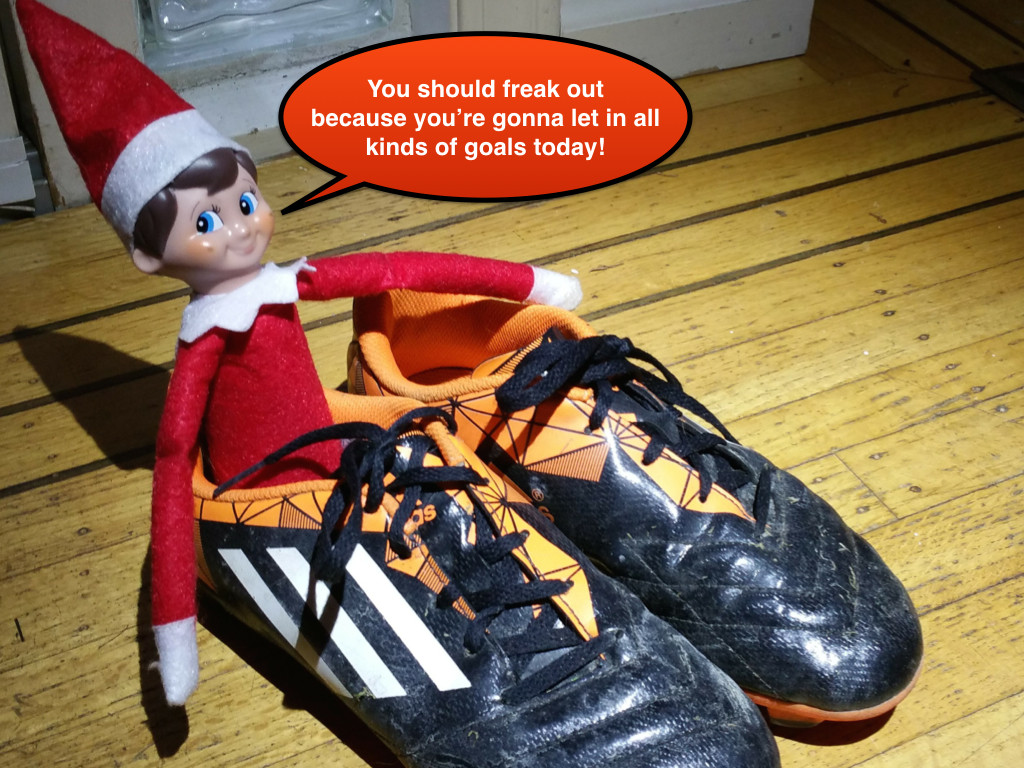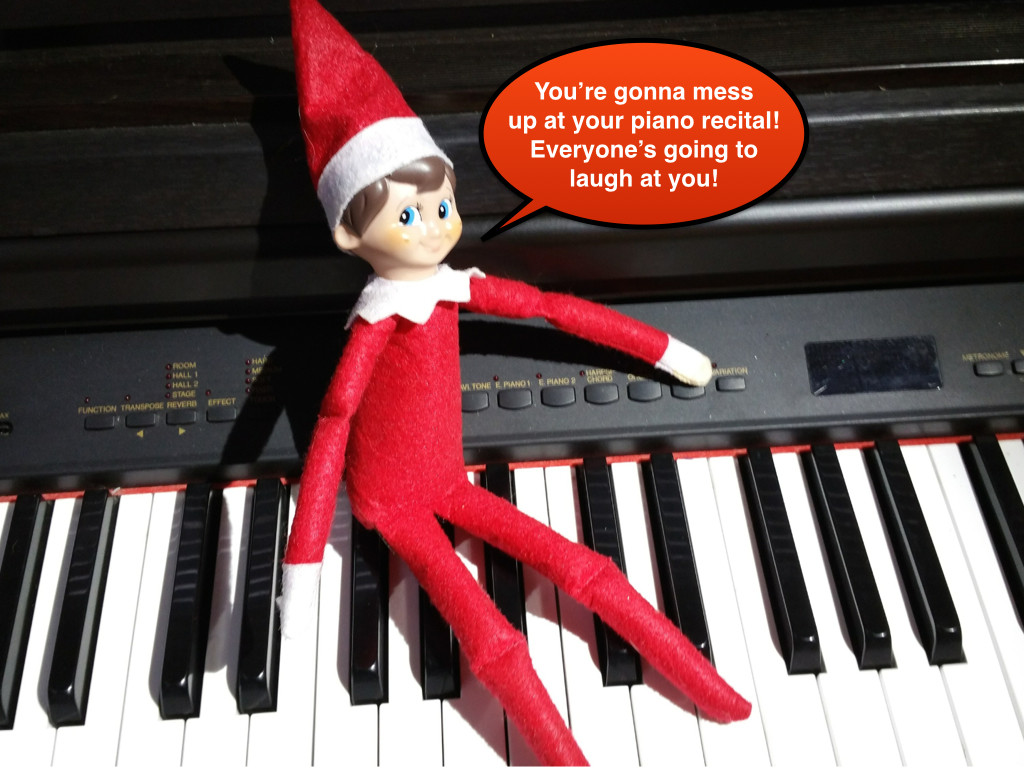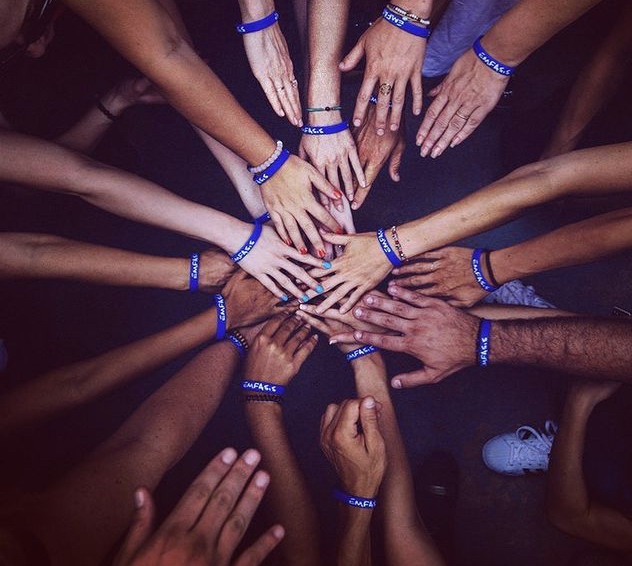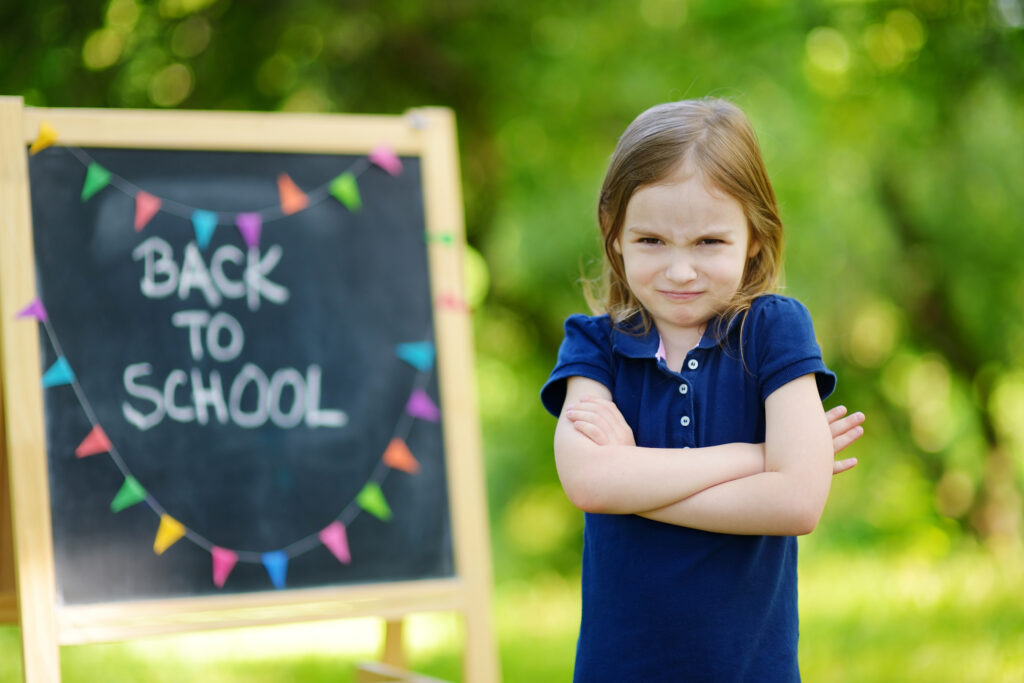Sometimes when I’m giving a presentation, I ask the audience: “True or False? We all have anxiety.” About half of the group answers “false” and the other half answers “true”. I then let them know that we all have anxiety and that it’s necessary for our survival. However, when our anxiety becomes over-active and we start having lots of “false-alarms”, this is when it interferes with our daily functioning.
I also ask what is the difference between anxiety and fear, and quite often nobody answers. The answer is below…
So what does anxiety have in common with the Christmas tradition of the Elf on the Shelf ®?
Anxiety Pops Up When You Least Expect It
The Elf on the Shelf® tradition, involves a mischievous elf who watches you carefully and for many nights before Christmas, showing up in a different place each morning (as long as parents remember!). He sometimes plays tricks too, such as getting into the breakfast cereal and spilling it all over the table!
Just like the Elf, anxiety shows up when we might least expect it.
A common pattern is to think that one’s anxiety has subsided, and then a child might miss school for a few days, due to illness. Suddenly, the anxiety is back, and your child no longer wants to go to school.
We need to remember that especially for more sensitive, anxious children, anxiety is always around, as in this picture…
We need to remember to be as consistent as possible, with our children’s school attendance and all their activities. The same can happen if they miss too many sports practices. Suddenly, it’s time to play in a game, the anxiety can pop up again and your child just wants to avoid the whole game.
The Antidote: Always be mindful that anxiety waxes and wanes. Be consistent with routines and commitments such as school and activities. Continue to find ways to help your child be pushed a tiny bit out of their comfort zone, (for example, trying a new experience, ordering food in a restaurant, meeting a new animal (a friendly animal), trying new foods, etc.).
Anxiety Tells You Negative Messages Which Are Not Based on Facts!
Anxiety is about the future. It tries to predict the future, and tell you that the worst possible case scenario is going to happen.
Antidote: Stay in the present. Remind your child that he/she is not a fortune teller and we don’t know what is going to happen in the future. Use facts and reality as evidence against the worries.
Anxiety Tells You That You Have to Be 100% Successful or You’re A Failure
Antidote: We all make mistakes. Making mistakes is universal to all human beings. We learn from our mistakes. We also need to role model that mistakes are an opportunity to learn and that we don’t expect everything to be perfect.
Irrational thinking vs. Rational thinking
When we are teaching our kids about rational thinking vs. irrational thinking, we could compare these mind-tricks to the Elf on the Shelf® causing mischief! I’ve created a pdf of Elf On A Shelf® photographs for you, if you would like to show them to your child to help him/her see how the elf is trying to play mind-tricks!
Humour is another good way to help your children hold onto their power and realize that all their thoughts are not true and that sometimes it’s mind-tricks. This mischievous Elf on the Shelf® may just help your child realize this!
(Note: Thoughts which are based on true fear are not considered anxious thoughts. The definition of anxiety is that the size of the distress and size of the perceived threat is out of proportion to the actual threat, and often this perceived threat never happens.)
I hope December is off to a good start for you and your family and that you are planning some time to enjoy the festivities of the season. For information about my next round of “Brain Science” groups to teach children about anxiety and anxiety management strategies, please see below.
Warmly,
PS. My next round of “Brain Science” groups to teach boys and girls about anxiety and anxiety management strategies will start again in January. The groups are for 7-9 year olds and 10-12 year olds. For more information and to register, please call the ABLE Clinic at 604-922-3450. To view the flyer, please click here. (There is also a parent component that is part of each session so parents know how help with their kids’ anxiety.) . **The 7-9 year old group is now full and there are a couple of spaces left in the 10-12 year old group.
PPS. You may be interested in an article I wrote with many gift giving ideas for your family to promote attachment, self-regulation etc. you can find it here.
** Looking for a Christmas present to help your child or a child you know with their worries? My book, Surfing the Worry Imp’s Wave (for children ages 5-10yrs.) is a fun and resourceful book for kids and parents. You can purchase on my homepage or by clicking the image of the book on the right side of this page.
Want to Connect?
Subscribe now to receive free weekly parenting tips and inspiration.

